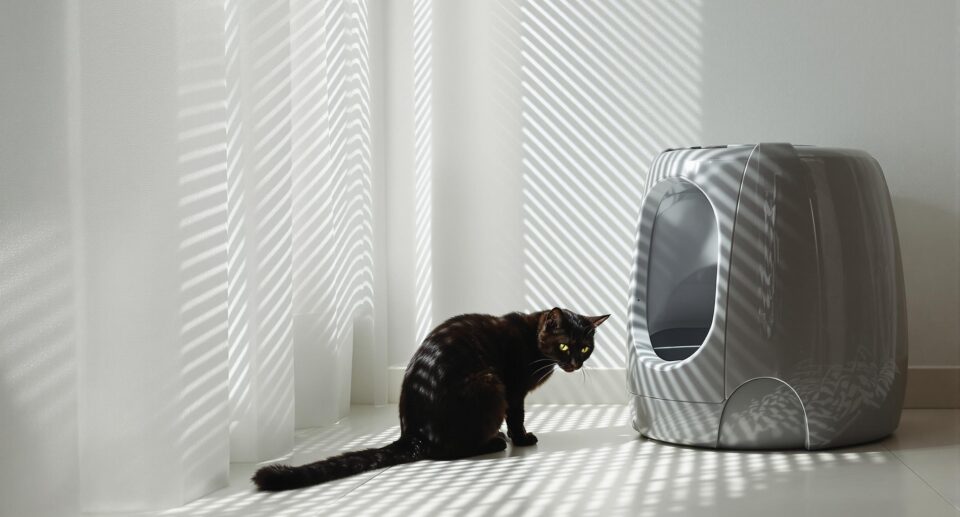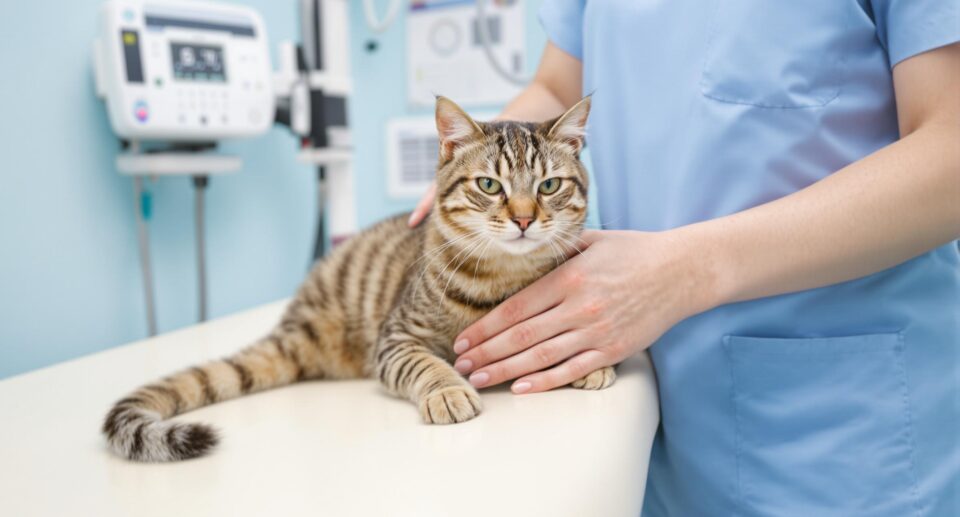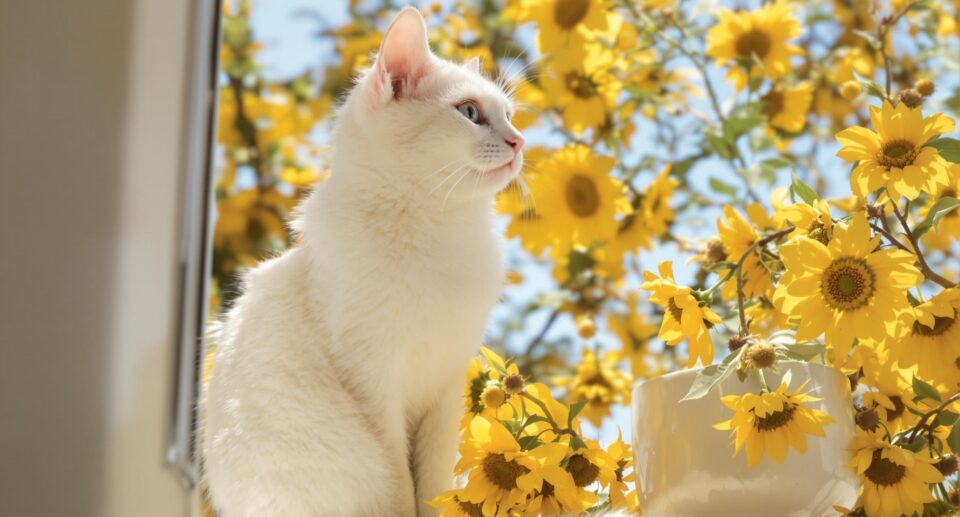
Have you ever wondered if you can flush your dog or cat’s poop down the toilet? After all, poop is poop, right? Well, it turns out that this issue is much more complex than you may think.
Can You Flush Dog Poop?
If your dog uses pee pads or they have an accident indoors, it might seem convenient to flush their feces. But is it safe? It depends.
The majority of homes in the United States are connected to a municipal wastewater treatment facility. In this case, it’s safe to flush your dog’s poop because a public sewage system can effectively process dog waste, including any pathogens or parasites. In fact, the EPA recommends flushing as the most eco-friendly way to dispose of doggy doo. Just make sure you don’t flush the bag down with it.
If you have a septic tank, though, you should never flush your dog’s poop. Dog poop can contain hair, grass, and other material that can clog your home’s drain field.
What Happens When You Flush Cat Poop
When it comes to cat poop, things get even more complicated.
Most clumping cat litter is made from clay. Just as it does in the litterbox, it forms clumps when flushed, potentially causing a serious blockage.
Flushable cat litter does not clump. It’s typically made of biodegradable materials like corn, wheat, recycled paper, or wood chips. If your home is connected to a municipal wastewater treatment center, it’s not likely to cause a blockage. If your have a septic tank, though, even flushable litter can result in a clog.
Toxoplasma is a parasite that affects most mammals, including humans, but cats and their wild feline relatives are the only species that actually shed the parasite’s eggs in their feces. The parasite causes mild to nonexistent symptoms in healthy individuals and animals, but an asymptomatic cat can still shed eggs.
Toxoplasma eggs are hardy and can survive wastewater treatment. Treated wastewater is released into waterways, where surviving toxoplasma eggs can affect local wildlife and even end up in drinking water. In Southern California, toxoplasma has been linked to deaths in sea otters. The eggs become concentrated in snails – an otter’s favorite food – leading to infections that can be fatal.
Cats typically contract toxoplasma from eating raw or undercooked meat, or from hunting and consuming infected mice. They only shed eggs in their feces for a few days following infection, though, and indoor cats that are fed a non-raw diet are unlikely to carry the parasite.
If your cat is indoor-only, you don’t live near the coast, you use non-clumping litter, and you don’t have a septic tank, flushing cat poop does not carry much risk. If in doubt, though, it’s better to just throw away with your household trash.
Eco-Friendly Ways To Dispose of Pet Poop
If you’ve come to the realization that you can’t flush your pet’s poop, but you still want to cut back on using plastic bags, there are other options.
When cleaning the litterbox, you can use a brown paper bag to collect dirty litter, clumps, and poop. Unlike plastic, it’s biodegradable.
For dogs, consider using degradable poop bags like Poopy Packs. They’re just as convenient and reliable as high-quality plastic bags but they break down much faster in landfills.





